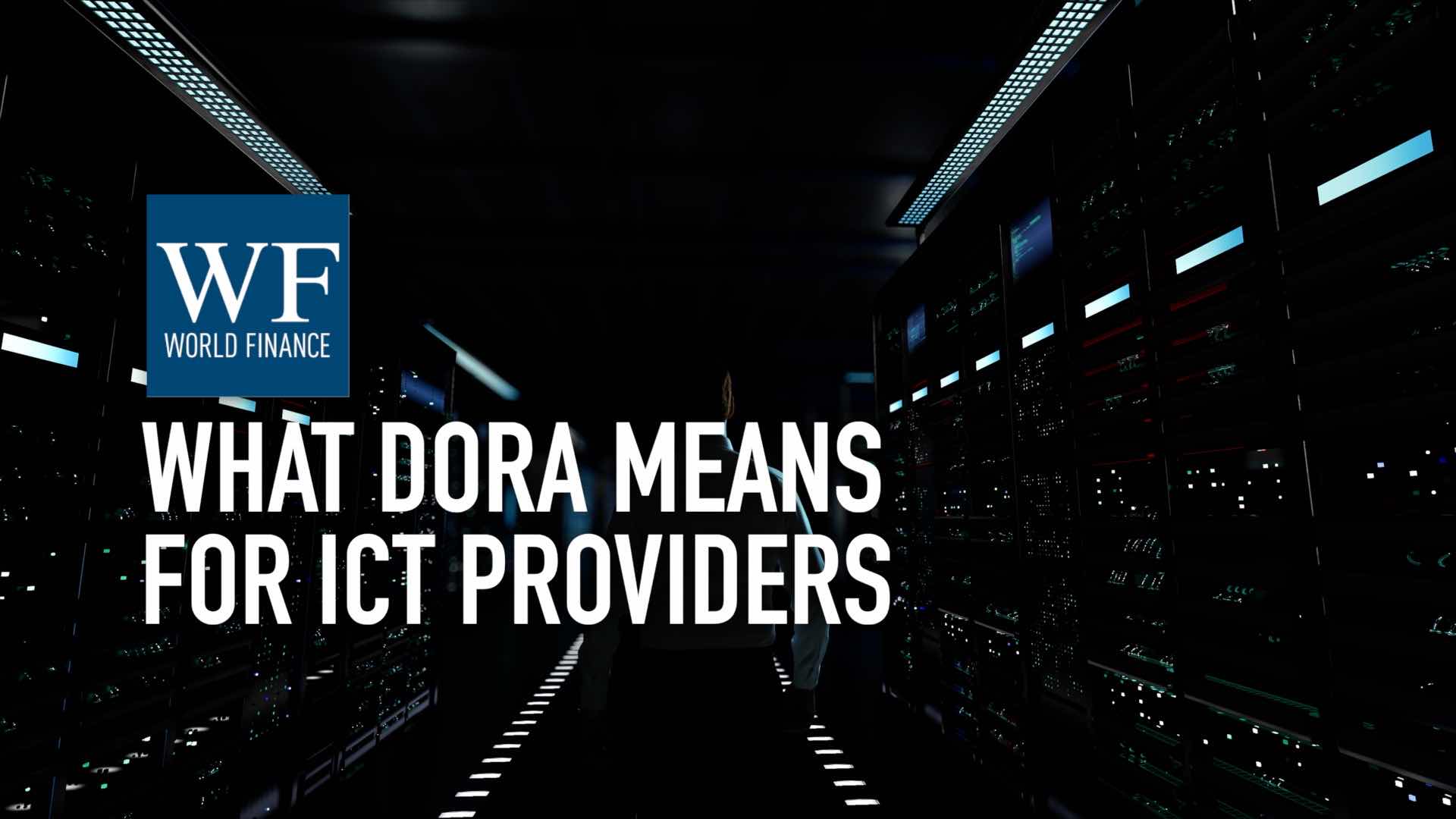Will CSR take you to heaven?
Risk analysts have traditionally used historic trends and data to control and predict future trends, which is both natural and inherently flawed
Related:
Transcript
World Finance speaks to Jeremy Josse, author of Dinosaur Derivatives and Other Trades on risk, uncertainty and the Faustian pacts we all make.
World Finance: Jeremy, you discuss at length risk and uncertainty. Do you haver an alternative, what are the better methods for circumventing risk?
Jeremy Josse: I really talk about the concept of risk and uncertainty through the very ancient story of Joseph, and how he was a sort of insider dealer, not that the Bible called him that, but that he was a sort of insider dealer inasmuch as God had given him this view about seven good years and seven bad years, and this allowed him to circumvent risk. He knew the future, as opposed to having to make a bet on the future.
So the reality is that unless you’re Joseph and have a line to God, which most of us don’t, risk is an absolutely intrinsic part of the financial game, that’s why financiers are of course speculators. The trick is all about managing risk, and that partly depends on your investment strategy. It partly depends in your appetite for risk, it partly comes back to some of those financial products we’ve been talking about, many of them are actually originally created to mitigate risk, even if some of them were subsequently misused. Derivatives, credit default swaps, are really there to mitigate credit risk for banks.
[R]isk is an absolutely intrinsic part of the financial game, that’s why financiers are of
course speculators
World Finance: You refer to the term ‘legal fiction’ in describing financial instruments. Can you explain this?
Jeremy Josse: That chapter really deals with the old concept of prohibition on usury. As people will know, back in Talmudic Jewish times there was created this idea that you shouldn’t lend on interest, and that got incorporated into actually all medieval law, into Christianity, into Islam. It created a great deal of innovation in finance, which took the form of a legal fiction.
It’s not really possible to lend money without charging interest. There is always an intrinsic time value of money. So if I lend you some money and don’t charge you interest, the cost of the money is still there, it’s just I’m giving you charity.
In the Renaissance, what really happened, as industry exploded, was that people had to find ways of lending on interest without it appearing to lend on interest, and therefore what they created were a lot of legal fictions. A modern legal fiction, say, is the corporation. Corporations are deemed to be persons, legal persons and human persons, but of course they’re not really persons. They’re a device to mitigate risk, they’re a device for people to pool their capital into an entity and only be liable for the amount of money that they injected into that entity.
And then legal fictions have been used, or were used, to circumvent all sorts of usury prohibitions. So that leases are a legal fiction, they’re really a way of lending but without charging interest. Instead you lent an asset, and you were paid a rent. So it replicated lending but it did it in another fashion, and indeed leases are still used very actively under Sharia law as a form of lending.
If you look at a lot of financial innovation, it’s usually taking a problem, taking these very old concepts of debt and equity, but somehow recasting them in a mirror image to solve a particular problem, and that’s what legal fictions are really about.
World Finance: On the subject of predictions now, and what are your thoughts on behavioural economics, which is gaining popularity in certain governments?
Jeremy Josse: The rational market hypothesis wants to believe that that gap between market value and fundamental value will be arbitraged away, but it just ain’t. Sometimes it is, but regularly it does not get arbitraged away. So you just can’t deny that fact, and the behavioural finance guys have tried to recognise this fact and tried to quantify it, and tried to explain it.
[W]e’re always jumping onto herd patterns
of behaviour
One of the quintessential observations of behavioural finance is this famous test that, if you’re given the choice, would you take $100 when your buddy takes $150, or would you take $80 and he takes $80? If we were pure profit maximisers we’d say “well I’ll take $100, I don’t care about him having $150,” but actually all the behavioural finance tests show most people choose the 80-80 option.
They do that because, yes, we’re not simple profit maximisers, we’re very social beings, we’re always spending our time looking over our shoulders seeing how the next man is doing, we’re always jumping onto herd patterns of behaviour. It’s all these things that behavioural financiers try to understand, quantify, and show how they function in the market.
World Finance: You’ve mentioned modern shareholders in terms of a Faustian pact. But with organisations increasing CSR and attempting to present themselves in terms of sustainability, surely some shareholders are buying themselves into heaven?
Jeremy Josse: Look, social responsibility is very important, but I think one of the things about a Faustian pact and why I write about it quite a lot is that, again, it’s something we can’t really get away from. No one needs to go around selling their soul to Mephistopheles, right, and completely throwing away their life to materialism, becoming a sort of Dorian Gray. But, actually, to do any business, to do any professional service, we’re all entering into small elements of Faustian pacts.
I’m always, in order to earn money, throwing away a little of my autonomy, a little bit of my time, a little bit of my time with my family, sometimes I have to put up with a not particularly pleasant boss, the regime of a particular company, I’m undermining my own autonomy to a certain extent. So one of the things I wanted to bring out in the book is that, ok, Faustian pacts can be seen on these very macro terms, in terms of environmental impacts, but actually Faustian pacts are really very personal things, and we do actually all enter and need Faustian pacts in a small way in our everyday business life.

 What the Digital Operational Resilience Act means for board members and CEOs
What the Digital Operational Resilience Act means for board members and CEOs What the Digital Operational Resilience Act means for third party ICT providers
What the Digital Operational Resilience Act means for third party ICT providers
